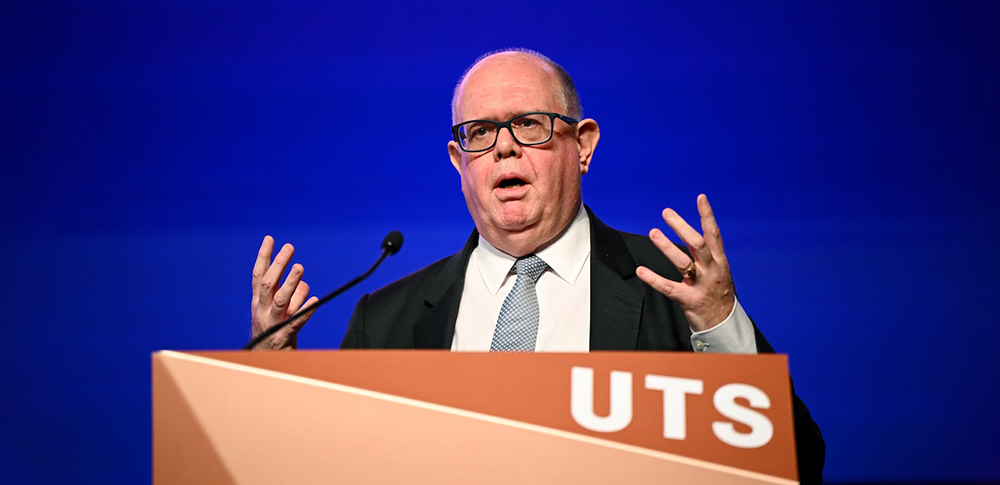

The soaring incomes of vice-chancellors at Sydney universities have attracted criticism, especially as they coincide with job cuts at some institutions.
Professor Andrew Parfitt, the vice-chancellor of the University of Technology Sydney (UTS), has an annual salary of $935,000. Meanwhile, the university intends to cut up to 400 jobs in an effort to save up to $100 million a year and stem annual losses.
During a Senate hearing on Monday (8 September), Parfitt defended the university’s efforts to make savings. “In my 30 years in the sector, including 15 in senior leadership, I have never witnessed such a confluence of challenges currently facing our institutions,” he remarked.
UTS, like many of its counterparts, is a public institution governed by the Parliament of New South Wales.
Fellow vice-chancellor George Williams AO of Western Sydney University also fronted questions about job cuts, which he described as a “dreadful process” of redundancies, both voluntary and not.
The salaries of vice-chancellors are set by the councils or senates of their respective universities.
University chancellors call for reform
The University Chancellors Council is the national representative body for university chancellors, who constitute its membership. In July, the council announced that it had written to education minister Jason Clare “to formally propose the development of a new advisory framework” for vice-chancellor remuneration, “to be supported by the Commonwealth Remuneration Tribunal.”
The chancellors said that the “proactive” move aimed “to strengthen public confidence in university governance, while preserving the autonomy of university governing bodies.”
John Pollaers OAM, chancellor of the Swinburne University of Technology in Melbourne, noted that vice-chancellors “lead some of the country’s largest and most complex public institutions.”
“They are delegated responsibility from their university governing bodies to deliver public interest, academic excellence, and financial sustainability outcomes – advancing Australian national interests across research, innovation, and education.”
“This is about strengthening public trust through credible, sector-led reform,” Pollaers stated.
Vice-chancellors’ pay is “out of control”
The National Tertiary Education Union (NTEU) estimates that the average total remuneration package for a vice-chancellor at a public university is just above $1 million. Meanwhile, it says that it has identified more than $382 million in staff wage theft since 2014.
Jack Thrower, senior economist at the Australia Institute, is also critical of how much vice-chancellors are paid. Vice-chancellors’ remuneration “is out of control while the sector is plagued by low pay, poor job security, unpaid hours, and employment law contraventions,” he opined in February.
“It’s time for a fairer deal for people who do the bulk of the work at universities, such as teaching and researching, and a reduction in the exorbitant salaries of senior management who let these labour conditions continue.”
Universities are “complex organisations” to lead
The Tertiary Education Quality and Standards Agency (TEQSA), which falls under the Commonwealth Government, has frequently fielded questions about vice-chancellors’ salaries.
“Universities are complex organisations, and leaders of these institutions reflect a diverse range of skills and backgrounds,” the agency states on its website.
TEQSA plays no role in the setting of vice-chancellors’ salaries.










Leave a Reply